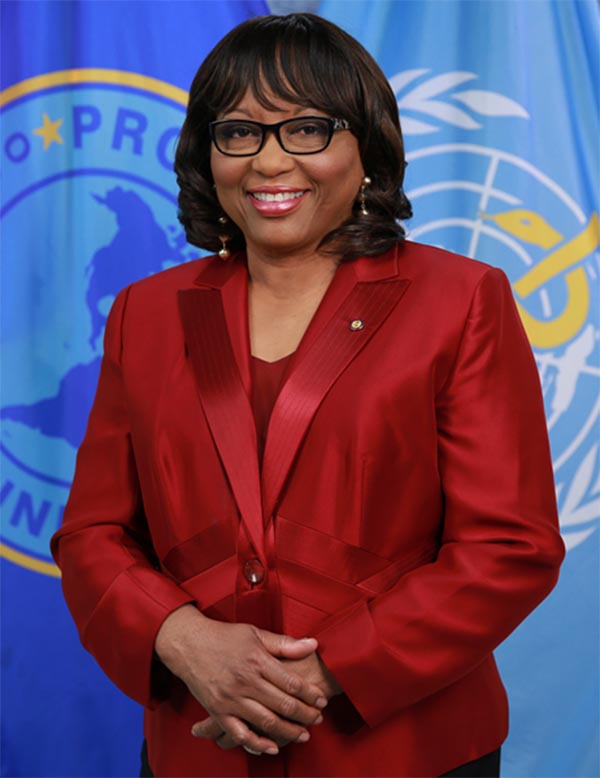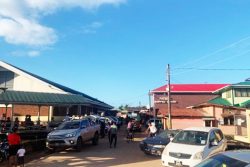As countries in the Caribbean confront varying degrees of pushback from recalcitrant pockets of population over adherence to strictures believed to be important in minimising the impact of COVID-19, the Pan American Health Organization (PAHO) is warning that countries which fail to enforce strictures effectively could possibly face an acceleration of the pandemic as well as the advent of new strains of the virus.
And PAHO Director, Dr Carissa Etienne, is urging political leaders in the hemisphere to act transparently in 2021, a year in which she said they “will face difficult choices as we work to flatten the transmission curve.” It is important, the PAHO Director says, that the public understands the decisions made by political leaders “and the scientific evidence that is behind those decisions, so we can rally people around a shared plan.”
Back in January Dr Etienne had issued a warning to countries across the Americas about rising numbers of COVID-19 cases, warning that the proliferation of indifference to the strictures could lead to a level of virulence beyond that which was seen last year. “If we remain diligent, we have the power to control this virus; if we relax, make no mistake, 2021 could well be far worse than 2020.”
Contextually, the PAHO chief had alluded to the importance of countries persisting with the now familiar public health measures including social distancing, wearing masks, and washing hands frequently. “Our collective ability to keep up with these measures has the power to determine the trajectory of this year. If we remain diligent, we have the power to control this virus,” Dr Etienne contends.
Statistics generated by PAHO earlier this year had indicated that since the start of the pandemic more than 39 million people across the Americas had become infected and close to a million of them had died.
While the numbers of afflictions and deaths have been considerably lower in CARICOM member countries than on the continent, some CARICOM countries, including Guyana, have been facing strong pushback from stubborn sections of the populace against the protocols. Evidence of official concern here and elsewhere in the Caribbean, including Trinidad and Tobago, and Jamaica, has been reflected in recent confrontations between curfew-breaking revellers that have led to arrests. In Guyana, particularly, sections of the populace have blamed the authorities for what they see as failure to mount a sufficiently robust pushback against the transgressors who often appear to be doubling down on their determination to violate the curfews and other strictures with each passing weekend.
With several countries in the hemisphere having now received limited quantities of one vaccine or another, some countries have begun to vaccinate health workers and vulnerable groups, though Dr Etienne has pointed out that “as long as doses remain limited, we can’t rely on vaccinations to flatten the pandemic curve.”







